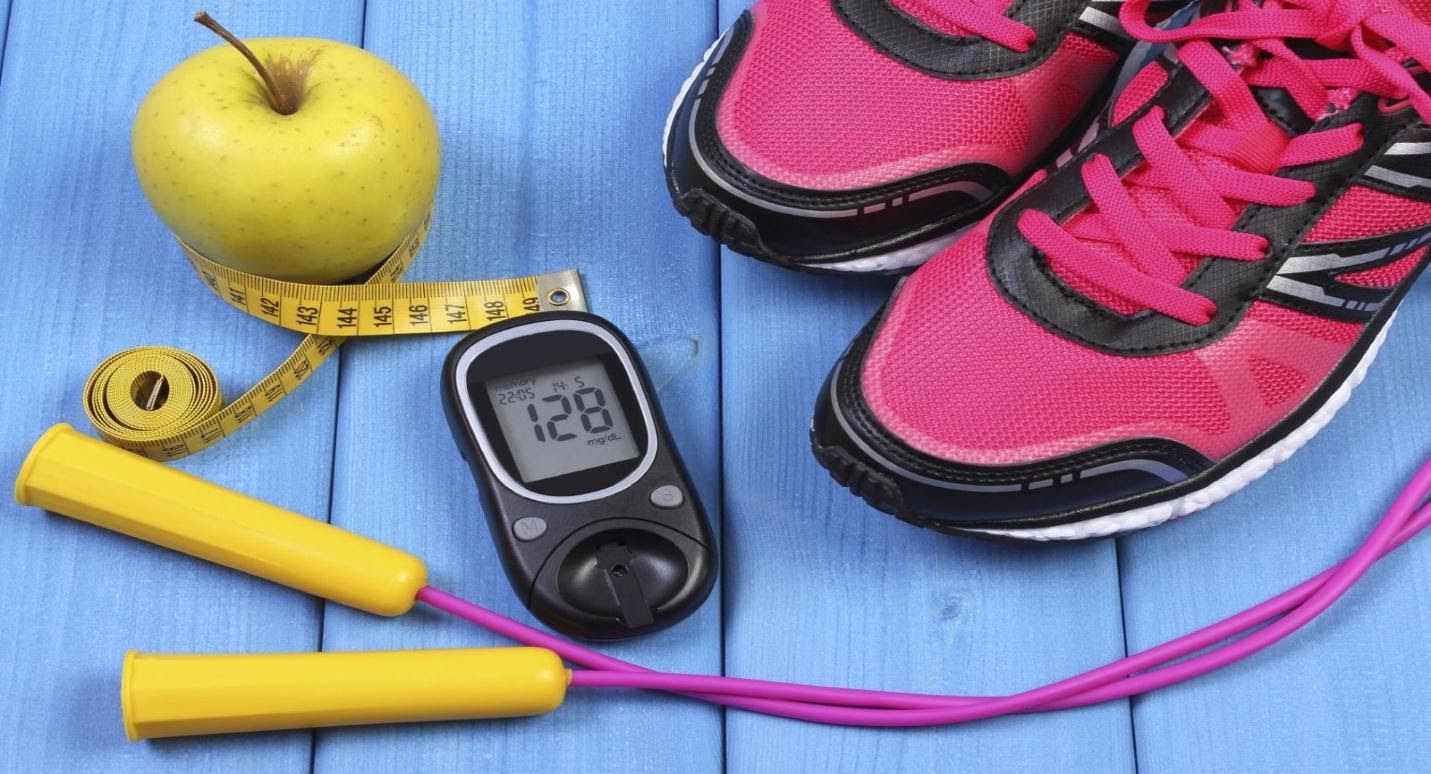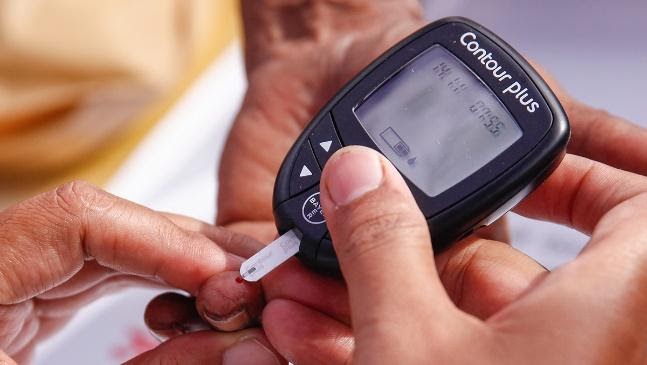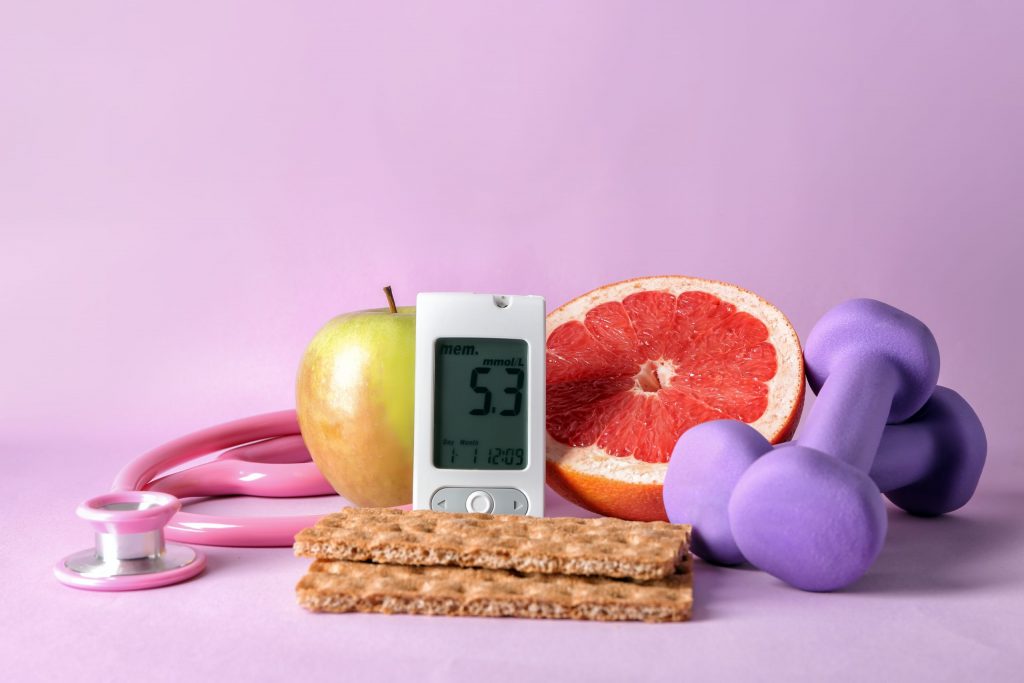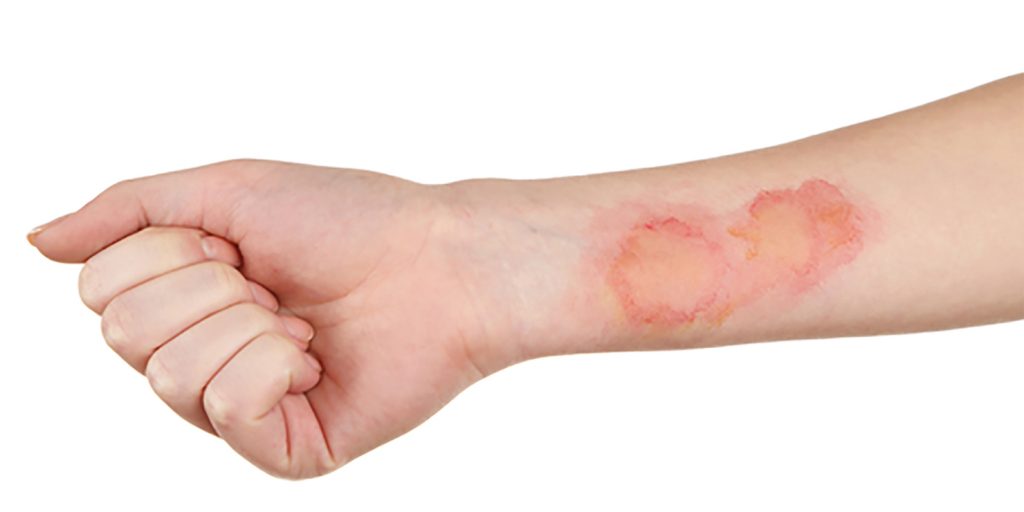We always find reasons why not to go to the gym. We say that we are too busy, that we’ll begin from Monday, or that we are waiting for the end of the holidays to get started. But most often I hear from my patients that health problems do not allow them to exercise.
Quite recently I was asked this question: Is sport contraindicated for people with diabetes?

We must recognize that it is not easy for people with diabetes. From the moment you are diagnosed with diabetes, you no longer have a choice whether to live a healthy life or not. This is a necessity, a part of the treatment. Sport in this case is no exception. The fact that physical activity is contraindicated for people with diabetes is just a myth.
As practice shows, diabetes is not a sentence. A large number of people around the world lead a fulfilling lifestyle, while they subject themselves to physical activity and enjoy sports and fitness. Let’s say more, there are even professional athletes who have achieved a lot while suffering from this ailment.
What kind of physical activity is recommended?
Any kind of physical activity is welcome. The simplest is remedial gymnastics.
Exercising for 30 minutes daily can improve your health in type 1 diabetes, and in type 2 diabetes, you can lose weight or maintain your desired weight. Moreover, exercising lowers blood pressure and cholesterol levels, increases insulin sensitivity and has a beneficial effect on mental health.
If you have type 1 diabetes, exercise can help increase your insulin sensitivity, which means you can lower your insulin dosage by the amount of carbohydrates you eat. At the same time, exercise can reduce the risk of developing type 2 diabetes by up to 50%, as well as the risk of developing the others diseases, such as depression.
Living with diabetes is both physically and psychologically exhausting. During sports, the body produces endorphins that improve mood and increase self-esteem. As a result, the risk of developing depression is reduced by up to 30%.
What should you pay attention to before and after exercise?
In both diabetics and healthy people, blood sugar levels can change several times a day.

Before you start exercising, follow a few of my recommendations:
- Be sure to check your blood sugar level before every workout. If it is above 248 mg / dL or below 109 mg / dL, you may need to wait until your blood sugar returns to a safer range.
- Avoid drinking alcohol. Even a small amount of alcohol in the blood can increase the risk of hypoglycemia.
- Drink as much liquid as possible.
- Eat a small carbohydrate snack. If you have relatively low blood sugar and you are going to exercise for at least 30 minutes, a carbohydrate snack can help you regulate your blood sugar.
- Be careful when using medications (beta-blockers). Some drugs work in a similar way to alcohol. They can lower blood sugar levels and increase the risk of hypoglycemia.
- Tell others about your illness. If you are involved in team sports, inform the rest of the team about your health condition. This will give you a sense of security in case of any complications.
Have you just made the decision to start practicing remedial gymnastics? Wonderful!
Here are some simple rules for you to follow:
- The first thing to do is to coordinate the selected exercise complexes with your doctor;
- Exercise outdoors or in a well-ventilated area;
- Breathe through your nose, exhale through your mouth and exhale in time longer than inhalation;
- Exercise alternately for different muscle groups;
- Start with 5 repetitions for each exercise. As you train, increase your load: reduce breaks, increase the number of repetitions.
- Stop exercising if your hands began to tremble during training, and the feeling of weakness and hunger appeared.
And last but not least, don’t forget that diabetes is not a reason to give up sports. On the contrary, in this case, more than ever, sport is an indispensable medicine for you.
Answering the initial question, I realized that I could tell you more about physical activity and diabetes. That is why I intend to return to this topic in another email, where I will tell you what types of sports are recommended and which should be avoided.






